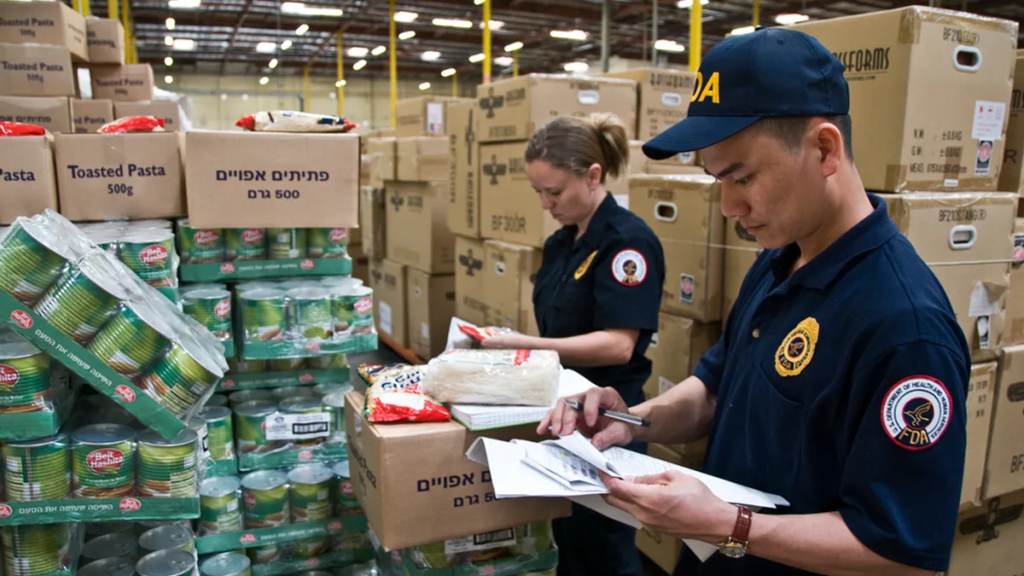A recent study has identified nearly 200 chemicals associated with breast cancer present in food packaging and plastic tableware.
The research indicates that many of these carcinogens can migrate into the human body.
Jane Muncke, managing director and chief scientific officer at the Food Packaging Forum, a Zurich-based nonprofit, stated that there is strong evidence that 76 known or potential breast carcinogens from food contact materials recently purchased globally can be found in people.
“There is strong evidence that 76 known or potential breast carcinogens from food contact materials recently purchased all over the world can be found in people.
“Getting rid of these known or suspected carcinogens in our food supply is a huge opportunity for cancer prevention,” Muncke, the study co-author, said.
Muncke emphasised the significance of eliminating these harmful substances from the food supply as a critical opportunity for cancer prevention.
The study revealed that 40 of the chemicals dete cted in food packaging are already classified as hazardous by various regulatory agencies worldwide.

Jenny Kay, a research scientist at Silent Spring Institute, highlighted the alarming fact that many chemicals classified as human health hazards are still permitted in food contact materials, allowing them to enter food supply.
Rates of early-onset breast cancer in women under 50 are rising, and experts suggest that genetics alone cannot explain this trend.
Dr. Len Lichtenfeld, a former deputy chief medical officer for the American Cancer Society, noted that several factors, including obesity, alcohol consumption, physical inactivity, and environmental influences, could contribute to these rising rates.
The Consumer Brands Association defended the industry, stating that its members comply with the US Food and Drug Administration’s (FDA) safety standards.
Sarah Gallo, the association’s senior vice president, asserted that the FDA reviews food contact substances based on scientific evidence before market approval.
“Packaging exists to protect and keep food safe for consumption.
“The FDA reviews and approves food contact substances through their science and risk-based system before they go to market. The agency’s post market review also provides continuous safety analysis and regulation of the approved substances,” Gallo said.

However, the FDA has faced criticism for not acting swiftly on health concerns related to over 14,000 food additives.
The study, published in Frontiers in Toxicology, stresses the need for regulatory action regarding food contact chemicals.
Researchers found several harmful substances, including known carcinogens in both plastic and paper packaging, prompting calls for improved oversight to safeguard public health.


